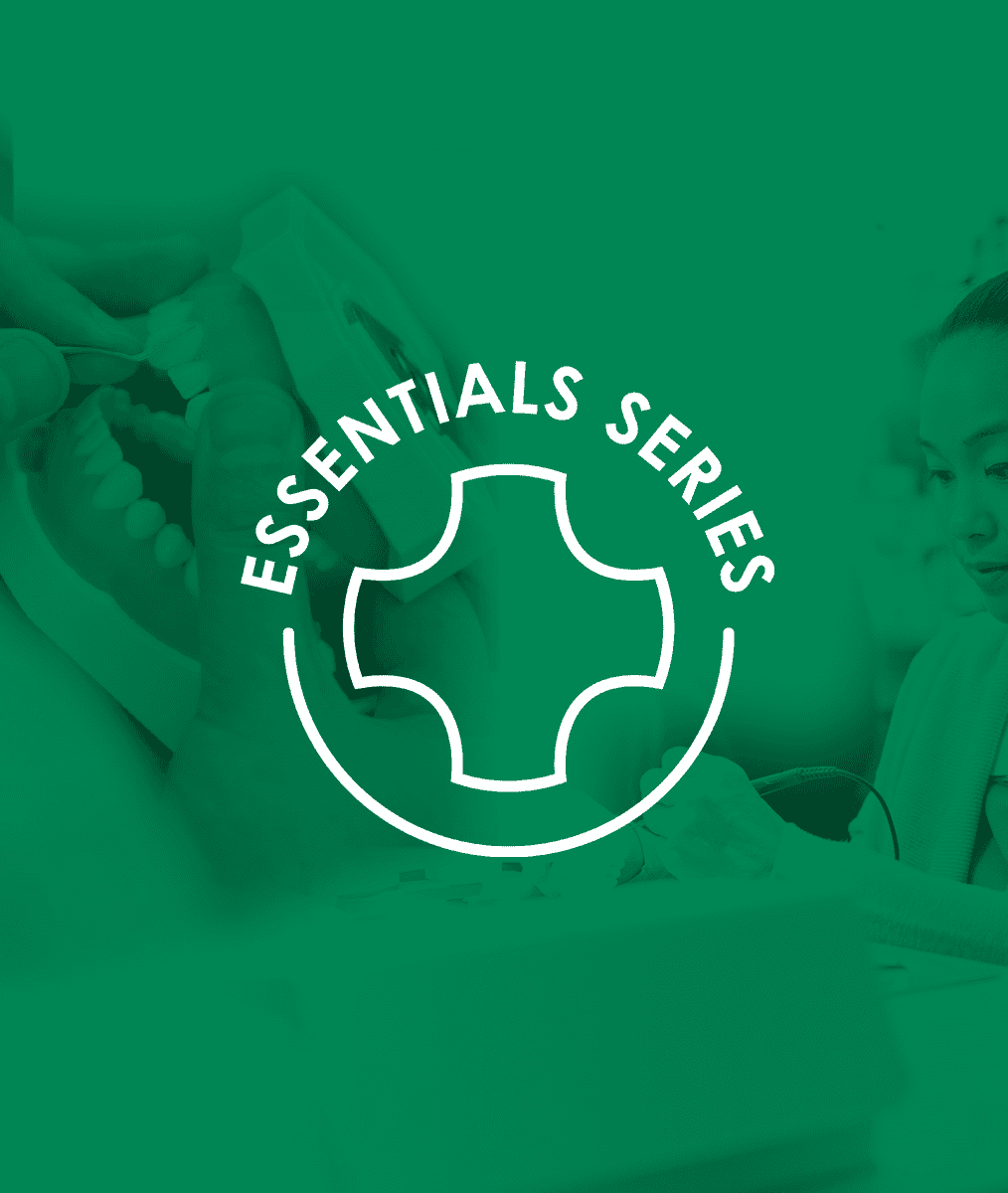
ABCs of Dental Office Organization: Part 1
Efficient office organization leads to effective office functioning. It frees team members up to take care of people. It can greatly increase effectiveness – defined as helping people make choices appropriate to their health and improving efficiency of care delivery.
Dental office organization starts with understanding tasks and roles:
ABCs in the Dental Practice
A = Administrative Tasks
These are tasks that can be done when patients are not present. For example, planning next week’s schedule for effectiveness or following up on and processing insurance claims.
More examples:
- Filling the hygiene schedule.
- Working the re-care system.
- Supply ordering.
- Treatment planning.
- Specific treatment pre-planning.
- Review of x-rays, charting, and chart notes.
B = Behavioral Tasks
These are usually communication efforts with patients. Focused, uninterrupted time is available.
Examples:
- Talking to new patients on the phone.
- Care instructions following treatment.
- Treatment conversations.
- Financial arrangements.
C = Clinical Treatment
Here the patient is present. Ideally, treatment has been organized and so thoroughly thought-out beforehand that care proceeds rapidly and efficiently.
I have heard it said that treatment can be fast and good, fast and bad, or slow and bad. Slow and good is virtually never possible.
Speed and efficiency respects the patient’s time and emotions. This is why effective clinical organization must include pre-planning.
Understanding Office Roles
If you understand these roles for yourself and each team member, your week can proceed much more effectively. Many dentists do not feel “productive” unless they are chairside spinning the high speed, but this is not always the case.
If you consider your role in the practice as similar to a CEO (vision and implementation) and/or COO (efficient operations) you must consider “A” time important.
If you consider yourself an advocate for your patients, your “B” time – especially quiet time to ponder treatment options as well as learn and grow in communication – is essential.
To increase your dollar per hour productivity, you must practice continual chairside improvement and time management in treatment procedures. This is the only way to accomplish more work in a single day.
To be continued …
Related Course
E3: Restorative Integration of Form & Function
DATE: July 25 2025 @ 8:00 am - July 29 2025 @ 2:30 pmLocation: The Pankey Institute
CE HOURS: 41
Dentist Tuition: $ 7400
Single Occupancy with Ensuite Private Bath (per night): $ 345
THIS COURSE IS SOLD OUT Understanding that “form follows function” is critical for knowing how to blend what looks good with what predictably functions well. E3 is the phase of…
Learn More>






